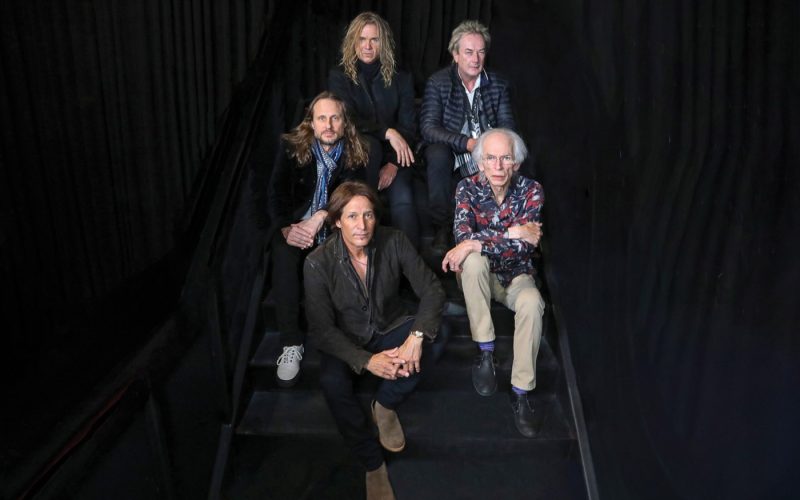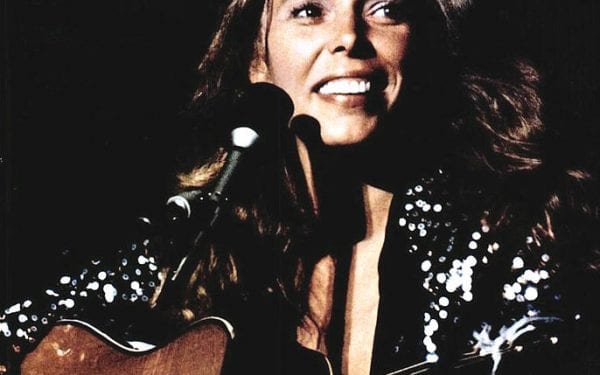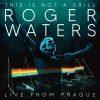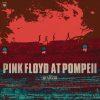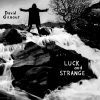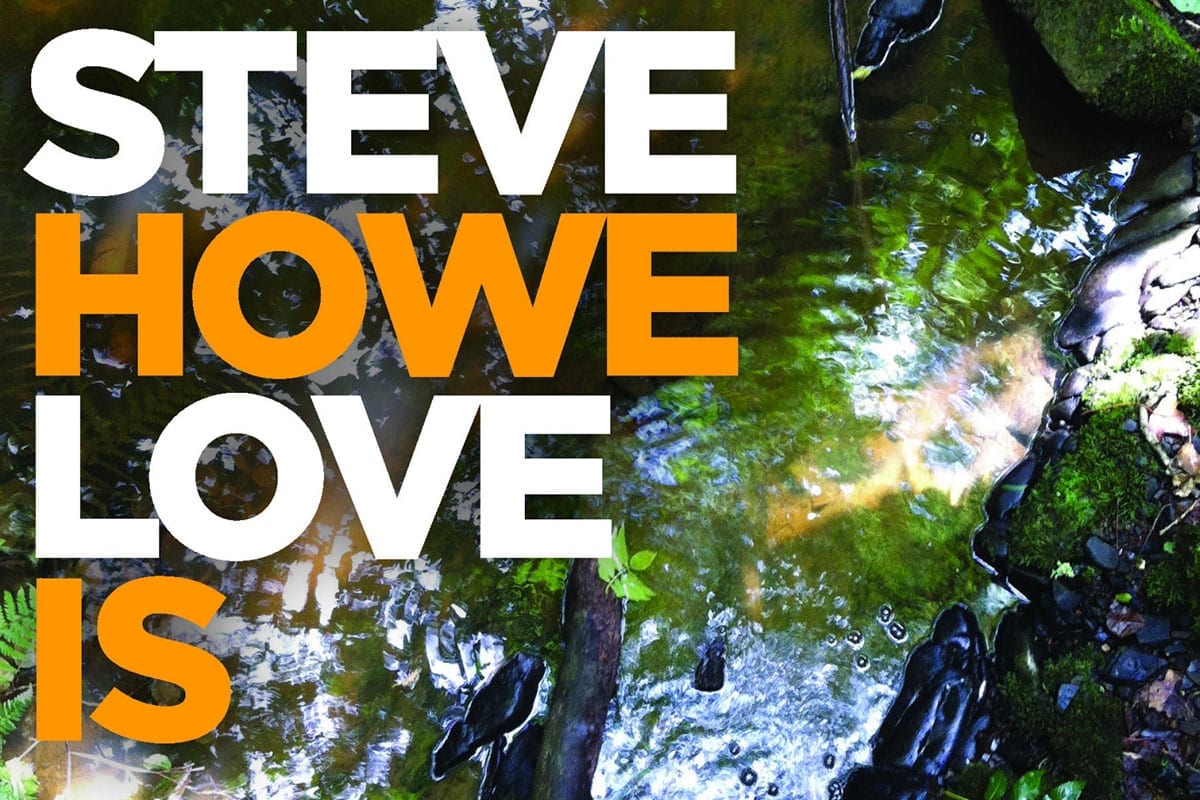
“All my music has hidden meanings to me that I don’t tell anybody – and I’m not about to start now (laughs)! But basically, in the songs – and in the messages in those songs – there are defining moments.”
Defining moments have certainly defined the long and extraordinarily illustrious career of guitarist Steve Howe. While his professional journey has included being in and out of the Yes lineup for decades, the perpetual change has only served to expand both his personal and professional wonderous story. Today, it could be said that Howe is going for the one with the release of his most recent ten track solo album simply titled Love Is, which includes five instrumentals.
I recently spoke with Howe via a cross-Atlantic telephone call from California to his home in the U.K. and we mutually agreed to discuss each of the ten songs on Love Is. Something I rarely – if ever – have done.
Hello, Steve!
Hi, Jim?
Thank you for your time, as always. We have done this once or twice in the past, so it’s good to talk to you again.
Oh, good!
The new album is called Love Is and features ten tracks, half of which are instrumentals, including track one “Fulcrum,” which to me sounds like a lullaby of love for both people and the planet. How do you describe it?
Yeah, I mean thank you, that’s nice. Yeah it does have a gentleness and a respectfulness about what music can be. It isn’t trying to kind of drum up a whole thing and a whole shebang. You know, it’s basically got some mellowness about it. And I think that was a nice way of starting the album. And I consider the running order very, very important. So, there was something about it that was very much me. A lot of characteristic sounds, particularly the guitar that only plays a small role in it later in the song where I did some improvising and I kind of supplement the things that are in it. So, I guess it has a wholesomeness that I like very much. I’ve learned something about running orders, which is you just don’t throw all your eggs in the first basket you get. So, I like to build an album. Draw a listener into that album.
Yeah. And I’m glad you mentioned the running order a couple of times now because normally in a conversation like this I wouldn’t go right through the running order, but in this case, I wanted to do that. So, we’re on the same track, sort of speak.
Okay.
Track two is “See Me Through.” Is this a sonic prayer, a plea or both?
Basically, the simple message in the chorus repeat section, which is sort of like answer back with a guitar, is you know that we do need some sustenance, we need love, we need affection to see us through into the next day, you know. And after all we do live day-to-day and that’s fine with me. Every day can be different, you know. So, every day is different, and see me through till tomorrow. That’s the most I can hope for.
Yeah. I think (it’s) an important track for these times – and sentiments – I should add. Track three is “Beyond the Call.” So, what calls you to write and record music? What makes you pick up a guitar or a pen?
Well, I mean that’s a bit like, why do I want lunch (laughs). I want lunch because I need that sustenance. So, in a way music is a form of sustenance to me. It’s a form of achievement, a form of expression. So many things, I can’t call it one. Basically, “Beyond the Call” is also a kind of hint that in your time you will be asked to go beyond the call. You’ll be expected. And you should want to go beyond the call of what is just normally expected of, either a relationship or a job or an interaction. You know, to go beyond it. Or to try to go beyond it. And if you can do that maybe you’ll be better for it, too, because you’ll be giving and not thinking about receiving.
Another way of saying – I guess – taking one step beyond. Going the extra mile. We could go on and on.
Exactly! Yes.
Track four is titled “Love Is a River,” which is a great title. Is this a metaphor for something else, and if not, why is love a river?
Yeah, the album could’ve been called “Love is a River,” but I think it was a bit long and I like the impact of Love Is. Love is all you need. Love is the greatest thing on the planet, or whatever you want. But “Love Is a River” as a song: it’s a form, it’s a shape, it’s a designed piece of music that I feel very close to and I developed over a long period and it is very central to the album. All I’m saying is that it gives me more chance to look into that concept about love as a river, as a flowing, ebbing, bumpy, smooth, still, stormy, if you like. So, yes, I think that’s where I wanted to go with the song, and I’m pleased that I’ve achieved that.
So, what picture are you trying to paint with track seven “Sound Picture?”
I’m not over-emphasizing anything there, really. I think those two words work together beautifully. I hadn’t seen them together: sound picture. Although, of course it’s like, you know sound goes with picture, picture goes with sound. But basically, this was a true reworking of the idea of what a guitar instrumental is. From when I get into the themes after the sort of spikey ingredients at the beginning I get into a tune that ain’t easy on the ear, but you could say that sound gives you pictures, you know, or that sound is better with pictures, or that picture is actually better with sound (laughs). So, there is a lot of interplay with those two things. And I like titling songs. The title of a song is very often in the lyric. As far as my songs go – and titles – you know, I do have a stockpile of them. So, I have more titles than I have tunes, so far (laughs). But that’s a good thing because, you know, I think titles are kind of fun. There is a correlation when you see the complete album. You’ll see that I sort of ramble a lot about music isn’t different from any other art, really. But it’s all about a palate, it’s all about a shape, it’s all about structure, it’s all about dimension. That applies to everything in art.
Yeah, I agree with you (that) music isn’t like other artforms – it’s the best artform (laughs)!
(Laughs) And I agree. You know, music is a very high art (laughs)!
Indeed! Indeed! The first thing that came to mind after hearing the track “It Ain’t Easy” was that it could be an unintentional – I want to emphasize that word – anthem and title for some of these troubled times obviously that we’re going through. Especially here in the United States.
Yeah. Obviously, what we should be doing is looking at the wonder of the world as our future. But, there again, we know that there’s an intricacy and complexity in the world. Almost, the virus at the moment is a huge parallel to that because since we’re all suffering the same problem, acknowledging that – maybe for the first time in the world – that no matter where your station is, whether you’re living in a penthouse in New York or you’re living in a slum in Buenos Aries you’re basically at the same risk as everybody else. So maybe this’ll bring people together. So basically, there’s a parallel here. But it’s very difficult. Life is difficult. There’s no doubt about it.
Share some thoughts with us about (track seven) “Pause for Thought.”
“Pause for Thought!” Yeah, I mean all my music has hidden meanings to me that I don’t tell anybody – and I’m not about to start now (laughs)! But basically, in the songs – and in the messages in those songs – there are defining moments that come through that I allow myself to think that “Pause for Thought” is very poignant with me. Loss is quite a big thing. And the thing with “Pause for Thought” (is), well, obviously things make you pause. When something impacts you very largely – much like, again, this was all written before the virus was even foreseen or even present. But anyway, it does have a relevance, and I’m not unhappy about that. But this is a tune that I devised to tell a sort of mysterious story. So, I kind of used mysterious electric guitar sounds on this one. But it’s all bedded by familiarity, with acoustic guitars and the sitar guitar, which is one of the sort of classic sounds that I pull out every now and again.
It’s a beautiful track.
Thank you.
(Track eight) “Imagination” is another standout track which includes what I think is a standout lyric line. I love the line, “Dreaming of tomorrow while we find our way.” Poignant.
Well, thank you. This song may have had some ingredients that I wrote about my lovely wife, but then we had our granddaughter Zene (sp?). Basically, it kinda hints at the struggles even a young person of seven or eight years old has experienced in her life. She’s had to get strength from places, and hopefully some of that is sent from family. But basically, you can look back at childhood and see how remarkable it is. So, yeah, “Imagination” is very important to me. I love the melodic guitar that keeps coming back, and the development in the arrangement are very special to me.
We got two more tracks to go and just a couple of minutes left here, so I think we’re doing well.
Good.
Thank you again for your time. Tell us about track nine, “The Headlands.”
Basically, I like an instrumental to have all the trademarks of what good instrumentals are about. A very important ingredient is to hold the attention, you know, because there isn’t a voice. So, “Headlands” just gives it to you straight away. And I guess, you know, again titles are kind of intrinsically interesting. What you call a tune it can adopt a more significant meaning once you’ve given it to it. If your music is fairly serious and you want to put a stamp on it, then if you dream up something that kind of correlates in some way – but with an instrumental that is fairly a mysterious attempt. Some of the great instrumentals have had some amazing titles.
Finally, the album ends with “On the Balcony.” So, my question to you is, where is your favorite getaway spot, or perhaps a place where you long to go?
Musically, I like to go out with a bit of a bang, as opposed to start with a bit of a bang. So, I think although I thought about “On the Balcony” as the opening track, I’m very happy I left it to the end and had it up my sleeve because you’re not really kind of expecting that after “The Headlands.” Then to use the line “sitting on the balcony,” I think gives people a sense of what that’s about. That it’s a free space and you’re not enclosed and yet you are secure.
Well Steve, time is up. Thank you again for a great record, first of all, and for your time. And good luck with this record and hopefully we’ll have another time to converse down the road.
I hope you get to see us sometime next year if we’re out. But Jim, it’s been nice. Thank you very much.
Thank you.
Thanks a lot. Bye for now. Cheers!
Bye bye.

